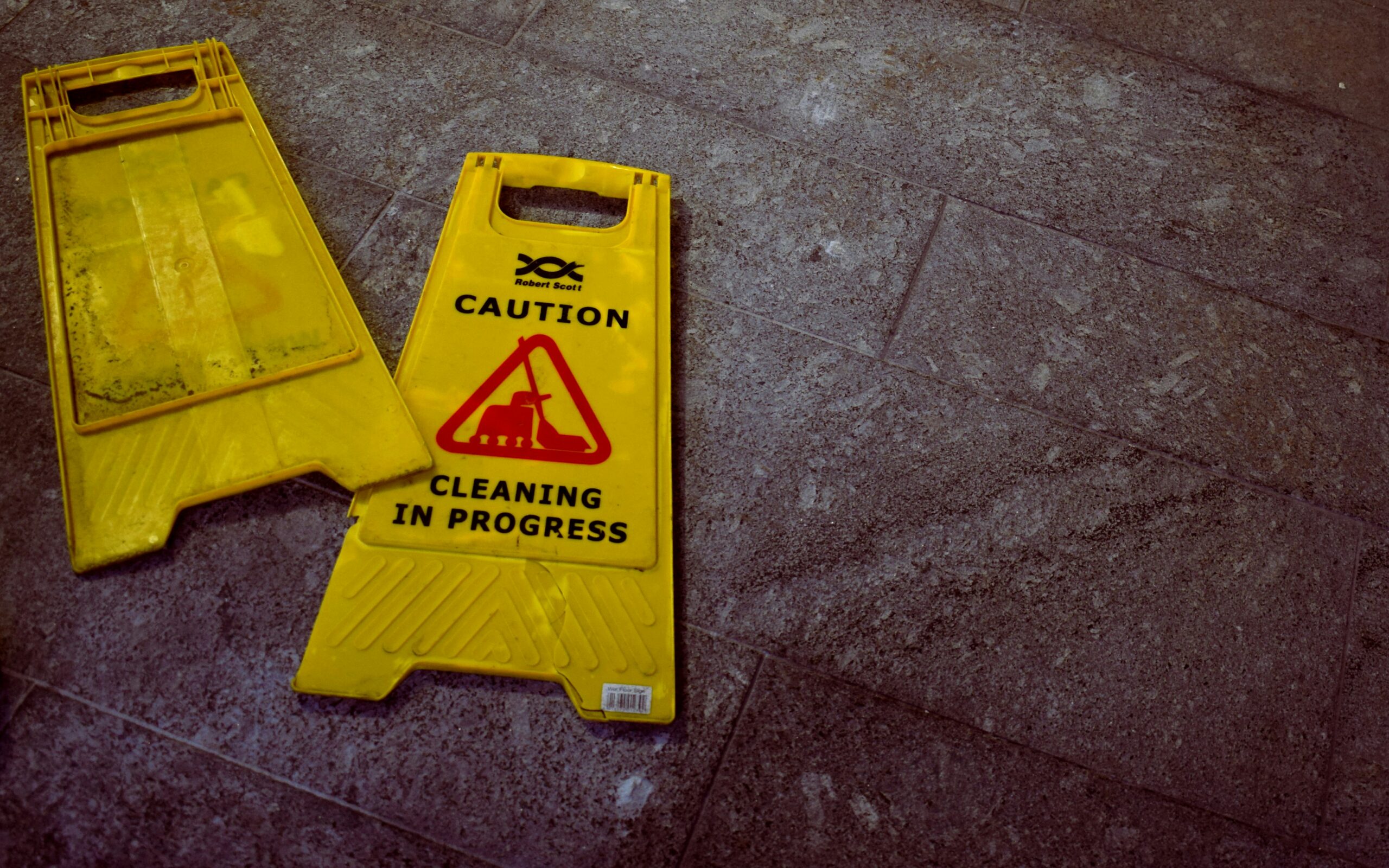The ‘Safety Culture Maturity Report 2024’* reveals senior leadership currently only possesses a basic understanding of safety and risk management, with an average maturity score of just 44% in risk management expertise.
According to HSE figures, over 60,000 workers sustained a workplace non-fatal injury last year, while just under a million suffered from work-related stress or anxiety. Workplace injuries alone are estimated to cost the UK economy in the region of £7.7 billion each year.
Responding to the Safety Culture Maturity Report 2024, specialist Health and Safety lawyer, Dr Simon Joyston-Bechal of Turnstone Law says: “Poor understanding in the Boardroom concerning directors’ personal criminal law obligations is still letting down many organisations. We can expect renewed vigour on enforcement by the Health & Safety Executive under the new Government; so there has never been a more important time for directors to understand that they can be personally criminally prosecuted with potential jail sentences if they are not as proactive as would be expected for someone in their role.”
The report assessed data across 10 key Health & Safety modules, including Health & Safety data collection, Manager Knowledge, Worker and Contractor engagement, and Emergency Preparedness, with some areas lacking more than others. Beyond a lack of senior leadership knowledge, for example, SMEs were found to be 17% less prepared to deal with emergency situations than their larger counterparts.
There were also weaknesses in performance maturity identified for businesses operating in specific industries, with IT and Media (41%), Arts and Recreation (42%), and Public Service (42%) scoring bottom three across all industries. Industries such as Mining (57%), Utilities (56%) and Professional Services (55%) were all found to be more mature in comparison.
“Although many business leaders have a clear understanding of Health & Safety governance and legal obligations, our research shows there’s still work to do to ensure Health & Safety is a boardroom-level conversation,” adds Nathan Hight, Co-Founder, Safe365. “To protect UK workers, organisations need to stop ticking Health & Safety boxes and instead come together to drive nationwide improvements to safety and risk management in the workplace.”
One person who was impacted by a less proactive approach to safety is Jason Anker MBE, Chairman & Director of Anker & Marsh. Jason suffered life–changing spinal injuries following a workplace accident that left him paralysed from the waist down. He says: “As employees, we trust that the right workplace environments are in place to keep us safe, but in most cases—and as this research proves—processes and procedures are not enough. We need safety to be a part of workplace culture—and for this culture to start at the very top. This would help protect myself and the 60,000 other UK employees a year that fall victim to workplace accidents and injuries.”
*published by Safe365









